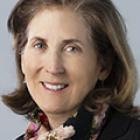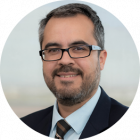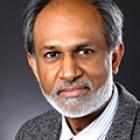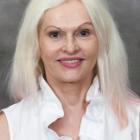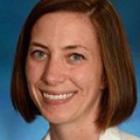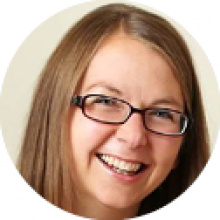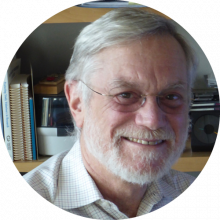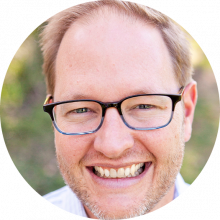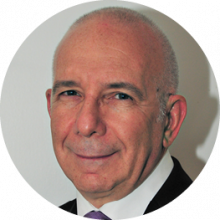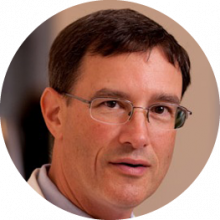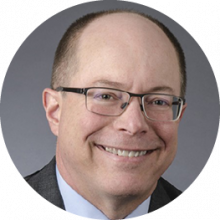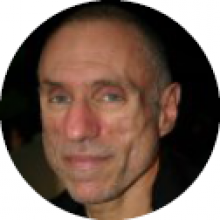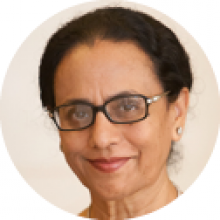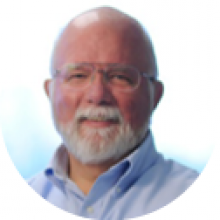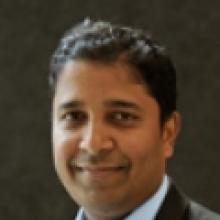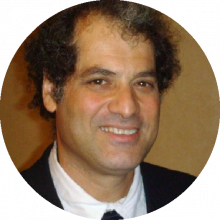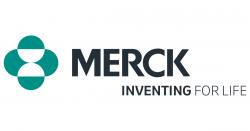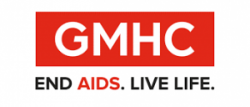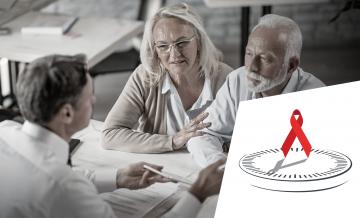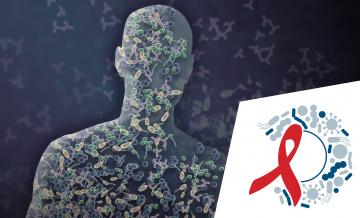Day 1 - Wednesday, 30 September 2020
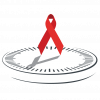

International Workshop on HIV & Aging 2020
Related Enduring Materials
Day 2 - Thursday, 1 October 2020
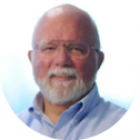
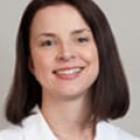
Day 3 - Thursday, 2 October 2020

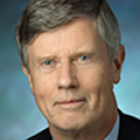
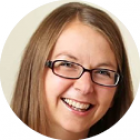
Welcome
The 11th edition of the International Workshop on HIV & Aging was held as a virtual conference on 30 September - 2 October 2020.
The integration of antiretroviral therapy (ART) into HIV care has dramatically extended the life expectancy of those living with HIV. The longer life expectancy of people with HIV infection is changing the demographics of the HIV epidemic and currently, more than half of the people living with HIV are aged 45 or older. Recent estimates in Europe suggest that more than 70% of those with HIV will be over the age of 50 by 2030, with a greater burden of co-morbidities and associated treatments. In comparison to similar HIV-negative populations, HIV-positive persons, even when on effective ART, experience an excess of morbidity and mortality. Persons on ART rarely die from complications of AIDS, but instead have an early onset of aging complications including neurocognitive decline, osteoporosis and fractures, impaired physical function, frailty, and falls. The high priority of understanding the interaction between age and HIV infection is illustrated by recent summary reports from the HIV and Aging Consensus Project in the Journal of the American Geriatrics Society and ongoing NIH Program Announcements in “Multidisciplinary Studies of HIV/AIDS and Aging”, in addition to strong voices in the community.
The multidisciplinary nature of HIV and aging requires the joint expertise of many areas, including geriatrics, internal medicine, HIV, pharmacology, psychology, and numerous subspecialties. Thus, the International Workshop on HIV & Aging was initiated in 2009 as a unique and much-needed platform for scientific exchange on the increasingly recognized difficulties encountered in the clinical care and design of research studies to improve the care of persons aging with HIV. The interactive and focused setting of the workshop allows for the presentation and discussion of the latest developments and strategies for the future of persons aging with HIV. Additionallt, the intimate size and focused nature of the workshop stimulates interaction, and the relationships formed between participants have led to many productive collaborations lasting well beyond the workshop itself.
As in previous years, the 2020 edition gathered a cross-disciplinary team of experts, trainees, and community members who are involved in HIV and aging research and the provision of care to older persons living with HIV. The ultimate goals of this workshop are to stimulate and guide research that will enable better treatment methods and strategies for older adults with HIV, to encourage young investigators, and to stimulate new partnerships between investigators in HIV and aging.
On behalf of the Organizing Committee,
General Information
To deliver a highly educational, interactive, and enjoyable experience, it was decided to spread the program over three days, from 30 September to 2 October. Ample time was reserved for discussion and virtual networking opportunities. We offered delegates a special reduced fee to participate in this online program.
We are available to answer any questions or concerns that you may have about your participation at the International Workshop on HIV & Aging 2020. For more information, please contact Victoria Sarasola (victoria.sarasola@amededu.com).
To stay updated on developments in relation to the International Workshop on HIV & Aging, make sure you are signed up for our newsletter.
Thursday, 1 October 2020
Aging and Co-Morbidities (Merck)
- Aging is a Risk factor of Weight gain for PLWH over 50: Don't Add an Additional One
- Don't Forget Women Who Are NOT of Child-Bearing Potential (Menopause, Depresion, Metabolic Disorders)
Practical Information
The members of the Organizing Committee (OC) are a group of carefully selected experts and inspirational leaders in their respective fields. They meet frequently to discuss the scientific program of the workshop, identify interesting topics and candidate speakers, and review all submitted abstracts.
Scientific Committee
The members of Scientific Committee are hand-picked by the Organizing Committee (OC) and the conference secretariat based on their significant contributions and commitment to the field. They assist the OC by providing them with suggestions for speakers and topics. In addition, members of the Scientific Committee participate in reviewing submitted abstracts, and play an active role during the workshop as moderators and/or chairs of sessions.
- Beau Ances, MD, Washington University in St. Louis, United States
- Bruce Brew, MD, St. Vincent's Hospital, Australia
- Daniel Duprez, MD, University of Minnesota, United States
- Meredith Greene, MD, University of California, San Francisco, United States
- Steven Grinspoon, MD, Massachusetts General Hospital, United States
- Marica Holstad, PhD, Emory University, Atlanta, Georgia, United States
- Amy Justice, MD, PhD, Yale School of Public Health, United States
- Jordan Lake, MD, MSc, UTHealth, United States
- Alan Landay, PhD, Rush University Medical Center, United States
- Michael Lederman, MD, Case Western Reserve University, United States
- Avindra Nath, MD, National Institutes of Health, United States
- Eugènia Negredo, MD, PhD, Universitat Autònoma de Barcelona, Spain
- Molly Perkins, PhD, Emory University, Atlanta, Georgia, United States
- Sean Rourke, PhD, University of Toronto, Canada
- Victor Valcour, MD, University of California, San Francisco, United States
- Cara Wilson, MD, University of Colorado, United States
